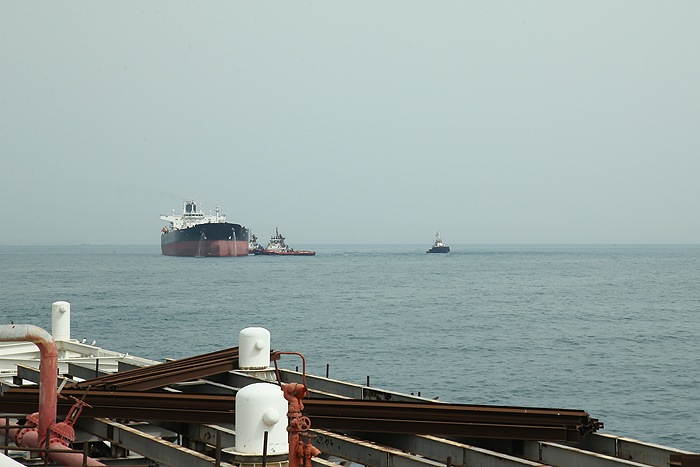Although the Jeddah meeting is a regular gathering to review oil market developments, it is being held at a time when it seems oil market stability and energy security is at stake due to the reimposition of the US unilateral oil sanctions against Iran and rising political tensions in the Persian Gulf, including a drone attack on Saudi Arabia oil installations by Houthi forces, who have been involved in a deadly war with Saudi Arabia since 2015.
Energy security has become a very important subject since late 1973 when Saudi Arabia enforced an oil embargo on the US for its support of Israel during the war with Arab countries in October of that year. The Saudi oil embargo hurt not only the US but other oil importing countries’ economies by raising oil prices fourfold, leading to long queues for gasoline at gas stations in the US and turning oil dependency into a national security issue for the country.
Now, the opposite sides of that conflict have joined each other to use the strategic commodity once again in a similar way by putting pressure on Iran’s economy, the consequences of which will not be limited to the opposing sides but will possibly have an impact on instability in the oil market and global energy security.
Soon after the 1973 oil embargo, the International Energy Agency (IEA) was established in Paris in order to give advice to major oil-importing countries on possible oil interruptions in the future, preventing further shocks in the oil market, with damaging consequences for major oil importing countries.
Based on the 1973 oil embargo experience, the IEA advised major oil-importing countries, OECD members, to lessen their dependency on oil imports from any specific country. In other words, it advised its members to seek diversification while not relying too much on any specific country, therefore, boosting their energy security.
Among other precautionary measures, the IEA advised its members to establish strategic reserves to reduce their vulnerability against any oil supply disruption.
Despite those important guidelines by the IEA, and the lessons the US should have learned from the oil embargo, Washington has put pressure on other oil-importing countries not to buy Iranian oil and has asked them to provide their oil needs mainly through imports from Saudi Arabia and the United Arab Emirates (UAE), a move that is in clear contradiction with the IEA teachings on diversification.
The United States, in fact, asks oil-importing countries to bound their energy security to oil imports from Saudi Arabia, which has skipped Arab Spring developments and is engaged in a deadly conflict with its neighboring country, Yemen and, according to Donald Trump, won’t be able to meet its security needs for more than two weeks without US support.
As a victim of the Saudi Oil embargo in 1973, the US is expected to think carefully regarding energy security and not ask other oil-importing countries to sacrifice their interests for the sake of achieving a zero-oil-export policy for Iran.
The US and Saudi Arabia, as two opposing sides of the bitter oil embargo in 1973, are expected not to play with the oil card to realize their foreign policy objectives because it not only endangers global energy security but creates trade imbalances and higher inflation, especially for major Asian oil-importing countries like India, which has good relations with Tehran and Washington.
The fundamental principle of diversification demonstrated its significance last week when Yemeni Houthi forces, after four years of fierce bombing by Riyadh, successfully targeted Saudi oil pipelines, interrupting the oil flow deep inside the country.
While keeping in mind the upcoming OPEC ministerial meeting in June, it is expected that Riyadh would use its oil resources in a sensible manner, not for an embargo against oil-importing countries, and not for replacing the oil exports of a fellow OPEC member, Iran.
Not only are Saudi Arabia and the United States responsible for maintaining global energy security, but OPEC has the duty to insist on its members’ rights to be able to export their oil and receive fair revenues, while taking into consideration global energy needs to the benefit of oil-producing countries as well as consumers, in accordance with the diversification principle.
* Heshmatollah Razavi is an analyst of international affairs.
Courtesy of Iran Daily


Your Comment